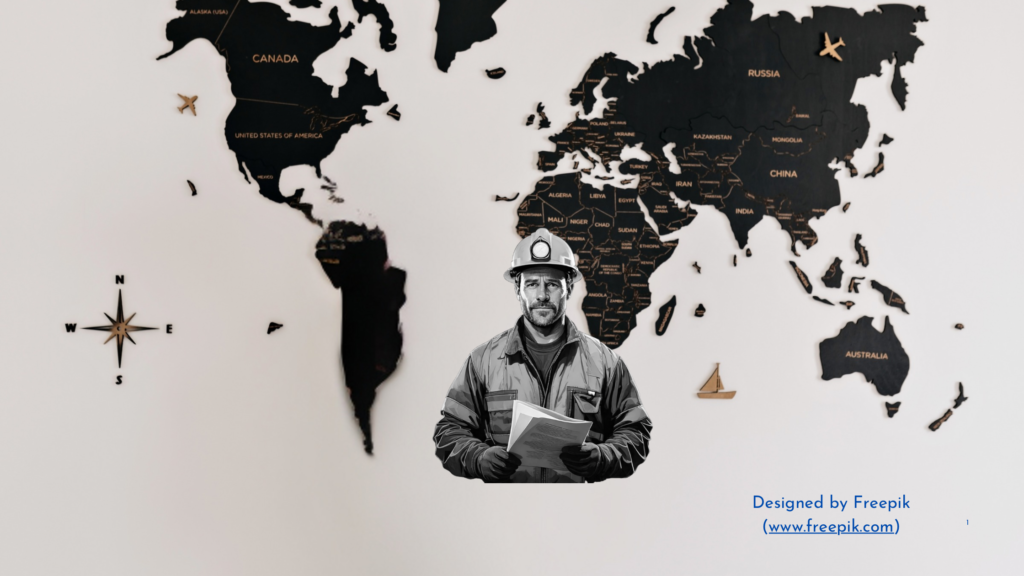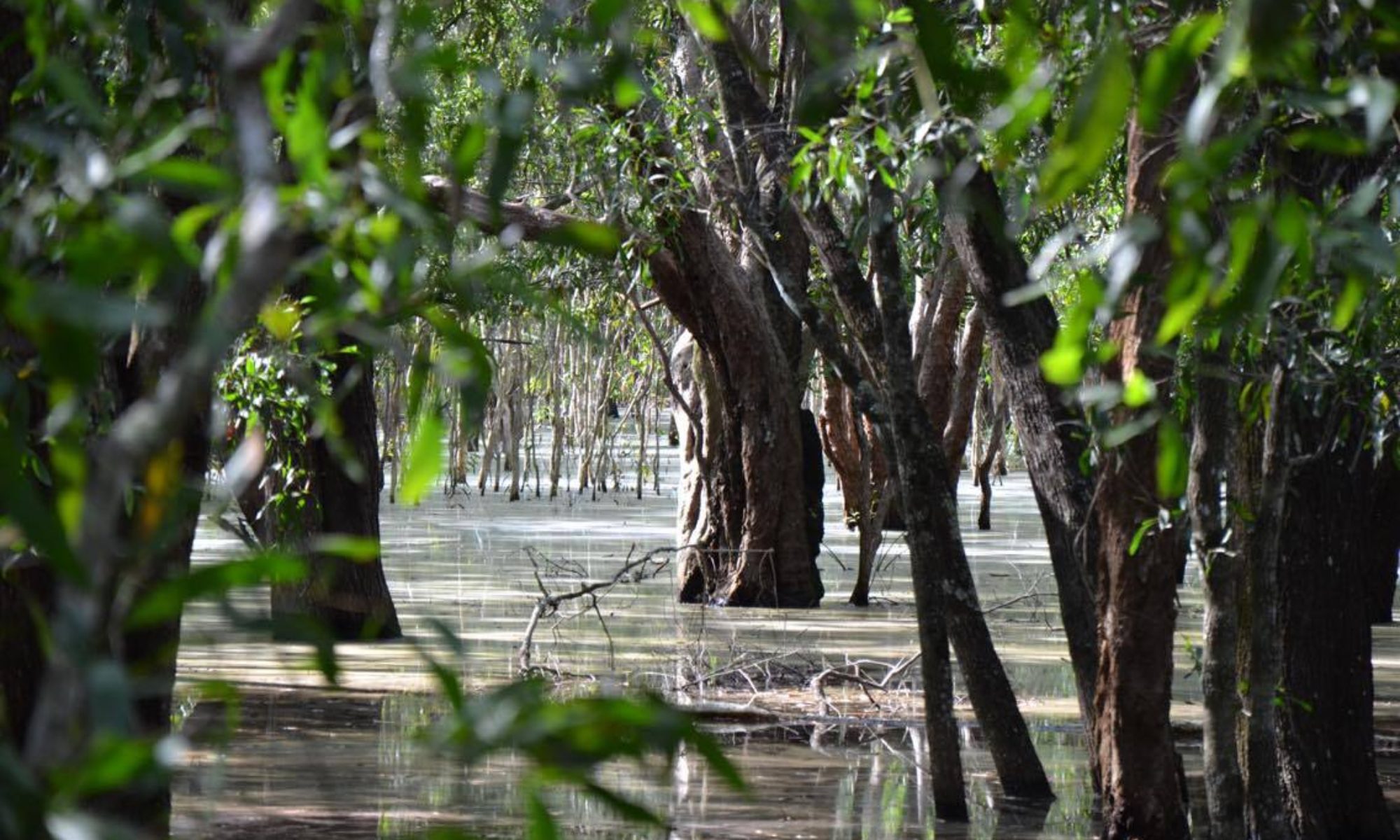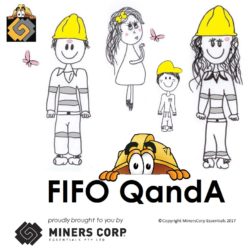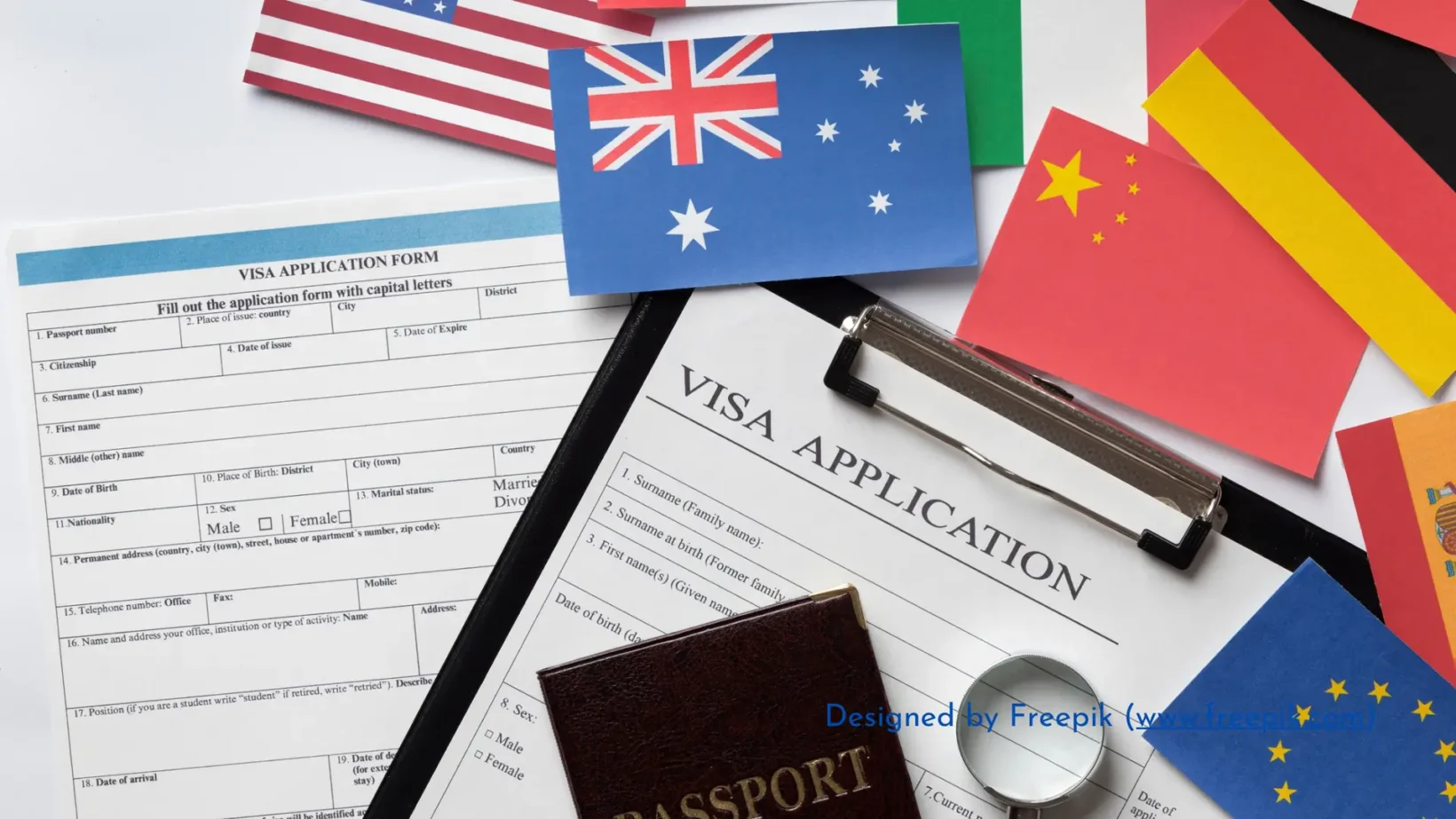The Australian Mining Industry, like other sectors, has specific requirements and regulations for work visas, including those related to the nationality of applicants.
Eligibility for work visas generally depends on several factors such as skills, qualifications, and labor market conditions rather than nationality alone.
Main Countries Accepted for Work Visas in Australian Mining Industries
Australia typically welcomes skilled workers from a variety of countries, particularly those with strong mining and engineering backgrounds.
The following countries are commonly represented among work visa applicants in the mining sector:
- United Kingdom
- Canada
- United States
- New Zealand
- South Africa
- Ireland
- India
- Philippines
- Germany
- China
These countries are known for producing skilled labor in fields relevant to mining, such as engineering, geology, and health and safety.

Countries Not Typically Accepted for Work Visas
While there isn’t a formal “blacklist,” certain factors might limit eligibility for work visas, including:
- • Countries Subject to Sanctions: Individuals from countries facing international sanctions or trade restrictions may have difficulties obtaining work visas.
- • Countries with High Rates of Unemployment: If a country has a significantly high unemployment rate, it may be challenging for nationals from that country to secure work visas, as employers may need to demonstrate that they could not find suitable Australian workers for the positions.
- • Specific Country Restrictions: Australia may impose temporary restrictions on certain countries due to diplomatic relations or security concerns, affecting visa eligibility.
Key Considerations for Visa Applicants
- Skills Assessment: Regardless of nationality, applicants must have their skills assessed by the relevant Australian assessing authority to ensure their qualifications align with Australian standards.
- Occupation Lists: The Australian government maintains various occupation lists (such as the Medium and Long-term Strategic Skills List or the Short-term Skilled Occupation List) that detail which occupations are in demand and eligible for sponsorship. Workers from countries with occupations listed may have better chances of obtaining visas.
- Employer Sponsorship: Many work visas require sponsorship by an Australian employer, who may have their own criteria for hiring foreign workers based on skills and qualifications.
- Labor Market Testing: Employers may need to demonstrate that they have sought local candidates before hiring from overseas, which can impact visa availability for certain countries.
Conclusion
In summary, while many countries are accepted for work visas in the Australian mining industry, eligibility primarily depends on skills and qualifications rather than nationality. Applicants are encouraged to consult the Australian Department of Home Affairs or a registered migration agent for specific information regarding their circumstances and any potential restrictions that may apply.

Eligibility primarily depends on skills and qualifications rather than nationality.


